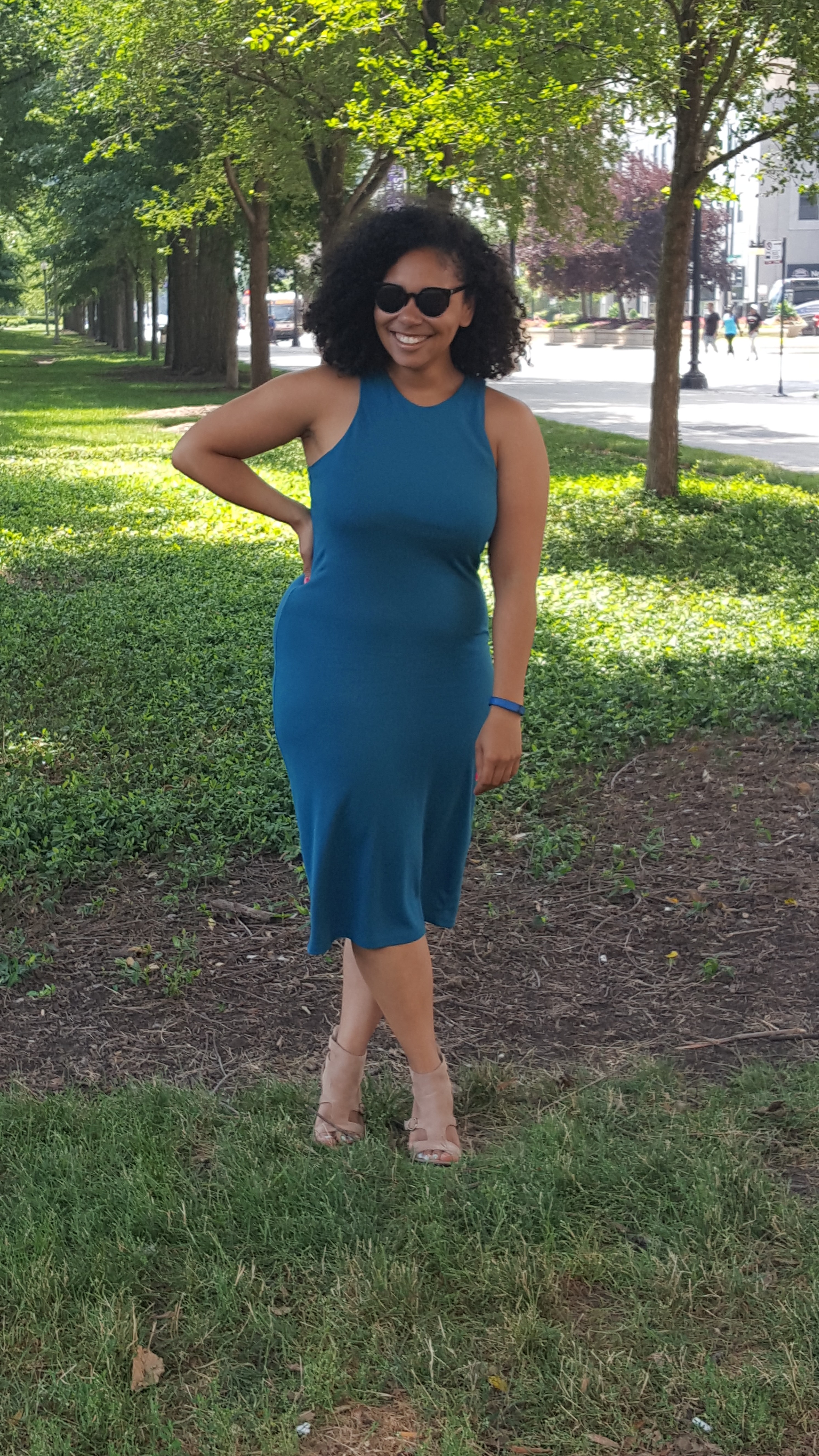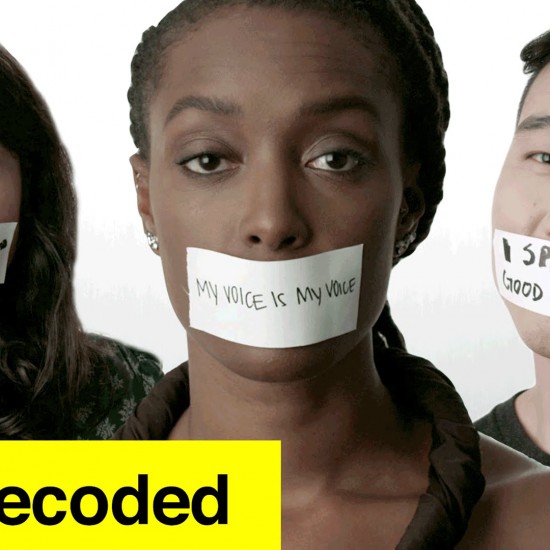What is the defining attribute that we all have that signifies our racial and cultural background? For some it’s hair, skin tone, body type, and, for some of us, it could be our speech. When I say speech I think of accents, vocabulary, the presence of bi-lingual mixing and coding like Spanglish. To the outside world your speech can be the only way to identify your background and history. In my case, it was just the opposite because I dealt with what many minorities have and that is the belief I am white because I “talk white.”
I grew up in a rural community in the panhandle of Texas with a population of less than 2,000 people. The majority of my childhood was spent learning Spanish from my grandmother who in turn was learning English from my sister and me. The community I grew up in was majority White and Mexican since it was a farming environment where many Mexicans spent time as sharecroppers. There was one all black family in the town but the oldest child was in high school and his siblings were in elementary so I had little interaction with them. To my knowledge, my sister and I were the only mixed children living in that community and at that time we knew we were different, but didn’t know how much our living experience there changed our speech until we left.
We didn’t grow up in that environment being able to emulate Hispanic accents so instead we acquired the ability to learn, read, and write Spanish. I can say unfortunately that most people don’t even know I have a Latina background with my foreign tongue until I actually speak it. I wish I had a defining accent or slip of my vocabulary that could give the indication I had Latina origins, but that’s not the case. The same can be said for the Black side of my culture in that I don’t always sound the most accurate if I’m speaking slang or saying words specific to that heritage. I can try, mimic and falsely imitate at best, but I probably resemble Carlton Banks more than anyone.
So what I am left with being mixed? If I don’t sound Mexican until I speak Spanish and I don’t sound Black then what do people hear when they listen to me? For the better part of life when I moved away from grandmother, minorities labeled my speech as white. I sound like a “white girl,” if white people have a specific sound or vernacular akin to their race. The problem is I’m not white and I don’t try to sound “white,” my language is a product of where I grew up, what I watched, where I lived. I can’t change that anymore than I can change that people attribute “big words, education, and proper English,” with only one culture.
The most common misconception when I’m asked about my cultural background is that I am black/white. When I correct people I often get the reasoning that it’s because I “sound white,” but when I ask, “what does white sound like?” I’m often met with a mute response. It has always been a very complicated line to cross being mixed with two racial backgrounds I don’t sound like, but I’m learning that it’s nothing to be ashamed of or apologetic about. I cannot change or alter people’s perceptions of me because in reality those ideals already existed prior to me trying to educate or inquire why they define a group of people on speech alone. I am not defined by my speech and I don’t have to prove otherwise to someone because of what they assume my cultural background is. I would never trade my time with my grandmother and the environment I was in for an accent or being able to speak vernacular more akin to my actual culture. All I can do is keep educating and learning about both sides of my culture and incorporating that into my Spanish and understanding of where the speech comes from and how it’s origins are specific to each culture.

Desiree Johnson is Texan Lady living in the windy, sometimes temperamental city of Chicago where she is getting her MFA in Creative Writing.
She has publications with The Rivard Report, NSIDE Publications, Study Breaks Magazine and Unite 4: Good. Her approach to writing whether fiction or non-fiction is to keep it as eclectic and diverse as her interest so she is ambitious in wanting to have her writing cross all platforms. She seeks to continue to improve in her skill set as an author, writer, and storyteller while educating others on being bi-racial and interracial relationships. As she continues finishing her MFA she looks forward to the new opportunities that lie ahead and embracing whatever life throws her way. She is currently a contributing writer for Swirl Nation Blog, EliteDaily.Com, an Editorial Fellow with The Tempest, and created the new “Your Hair Story Series,” with Mixed Chicks Hair Products.

